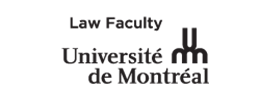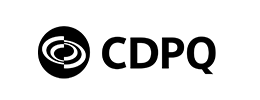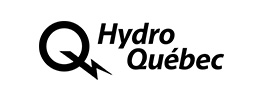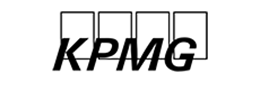
As part of our series of portraits, we had the pleasure of talking to Diane Lemieux, who has been the President and CEO of the Commission de la construction du Québec since January 2011. She is also a director of the Caisse de dépôt et placement du Québec and chairs the board of TOHU.
Diane Lemieux is a woman of conviction and determination, and a lifelong advocate of women’s rights. Early in her career, she served as an activist for survivors of sexual assault and later became the head of the Conseil du statut de la femme.
Lemieux was an MNA for nearly 10 years and a minister in the cabinets of premiers Lucien Bouchard and Bernard Landry. Her diverse portfolios ranged from labour relations and employment to culture and communications. She also has the distinction of being the first female house leader in the history of the Quebec National Assembly.
After a stint as Vice-President of Business Development at Vision Globale, a Quebec-based company specializing in film- and television-related services, she returned to the public sector, becoming the Director of the Mayor’s Office and President of Montreal’s Executive Committee.
Among the many awards and distinctions she has received over the years are the Prix de la justice (1991), an IPSOS-ICO award for instilling public trust (2015), an Elles reconnaissent award for contributions to the status of women in the construction industry (2016), a Femmes d’affaires du Québec award, in the category of executive, manager or professional in a public or semi-public organization (2016) and a Sun Life outstanding woman in leadership award at the 2016 Mercuriades competition.
1- Why has the CCQ chosen to team up with the Certification in Ethics and Compliance program?
Like other construction industry players, the CCQ has run into a few issues with regard to ethics over time. Considering the pivotal role we play in this industry, we decided to confront these problems head on and make sure ethics and compliance would shape our values and practices going forward. Being part of this initiative led by Executive Education HEC Montréal is our way of asserting, loud and clear, that ethics is not something we take lightly.
2- From your perspective, what does an organization have to do and be to be considered “ethical”?
An ethical organization is one that is committed to following legislative and regulatory requirements to the letter, taking swift action when ethics issues arise, sending out a powerful ethics-first message and equipping staff with the tools they need to nip problems in the bud.
3- How have you gone about introducing more ethical practices at the CCQ?
To start, we set up a mandatory disclosure of interest process for all staff members, complete with a permanent monitoring mechanism. We created an ethics advisory position. We’ve overhauled our code of ethics and developed a handbook to go with it. We’ve introduced compulsory training for all staff. We regularly send out all manners of ethics pointers to our employees. And we’ve rolled out a series of stringent corrective measures to deal with critical situations.
Over and above these efforts, it was essential to have a conversation about ethics with our teams, to make sure everyone was on the same page and to drive home the importance of acting responsibly and with integrity at all times — to be proactive rather than merely reactive.
4- Which topics do you feel are paramount in ethics?
Every angle of ethics, even the blind spots, is vital, if only because of the power of an ethics problem to undermine an organization’s reputation and ability to achieve its objectives. Senior executives must lead by example. This is the first part of equation. But making managers more accountable is just as important. You also have to gauge how sensitive and responsive your teams can be to issues like these.
5- What are the issues in ethics and compliance that keep you up at night?
Given the multiple roles we play within the construction industry and how our governance is structured, the CCQ serves as a central hub. Stakeholders all have their expectations, most of which are legitimately motivated. The CCQ has to take the initiative and enforce strict rules to keep everything in check. We need to be fair and balanced in our dealings with every group and ensure that all rules are enforced rigorously and consistently.
Some groups are looking to wield influence, and that’s fine to an extent. But we need to have a clear grasp of the roles and responsibilities at every level of our organization.
6- What’s your next ethics-related move at the CCQ?
The CCQ is in the midst of rolling out a major transformative program. The next challenge for us will be to make sure these changes, most of which are technological in nature, give us the additional tools we need to deal effectively with critical issues, such as keeping private information secure and controlling which employees have access to data and files.
Learn more about our Certification in Ethics and Compliance program and how it can help take your career to new heights.
Questions? Our program manager Joelle Zoghbi would be happy to help!
In collaboration with

Founding members


Partners




